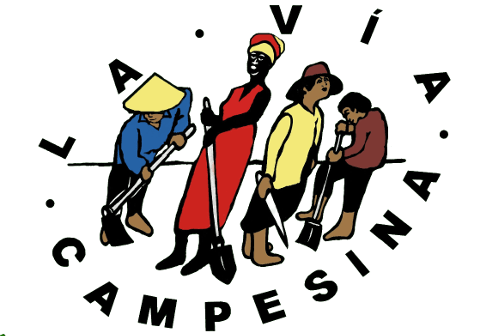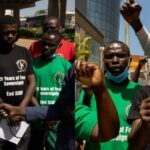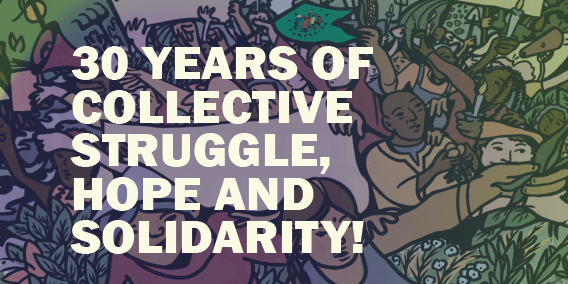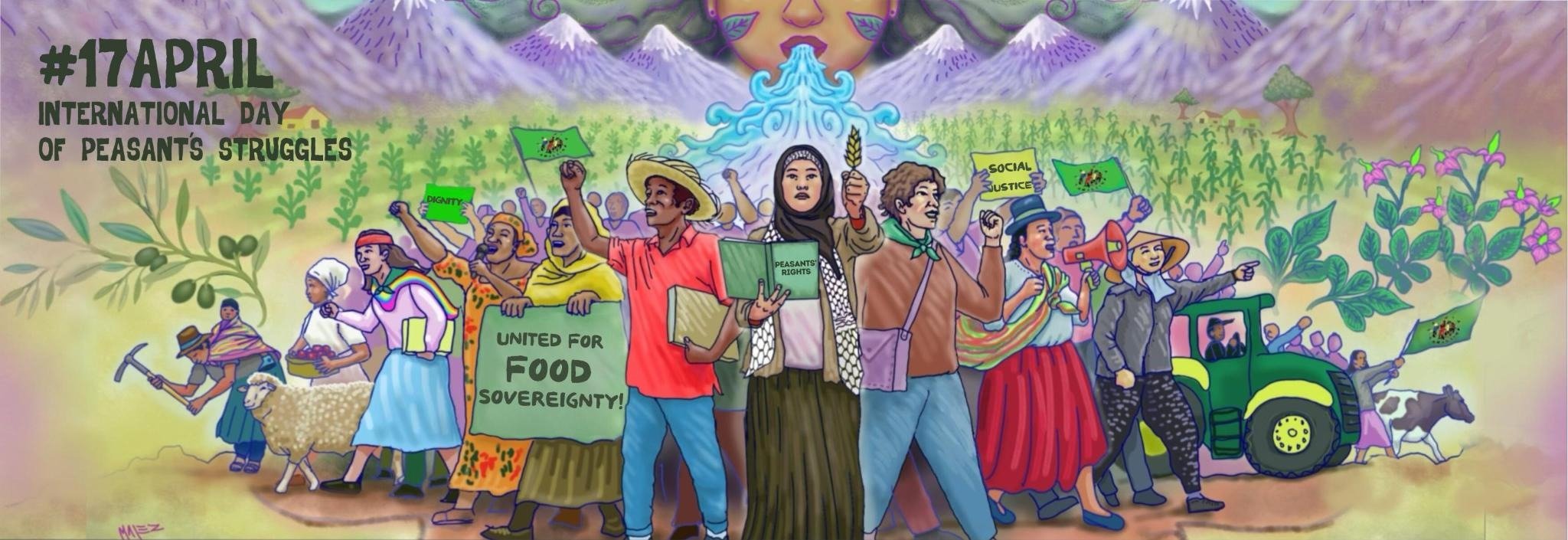The Kenyan Social movements under the banner of the Kenya Debt Abolition Network[1] (KDAN) in collaboration with the Committee for the Abolition of Illegitimate Debts (CADTM), held an online Debt Dialogue on Zoom on 13 January 2021 to discuss the Kenyan Debt Crisis. According to Cidi Otieno, the National Coordinator of KDAN and also the Secretary General of the Kenyan Peasants League, a member of La Via Campesina, the debt “has now reached a crisis level and has simply become unsustainable”. The meeting was also motivated by the fact that despite the Kenyan debts being unsustainable, Kenyan government appetite for Debts seems to be increasing unmitigated.
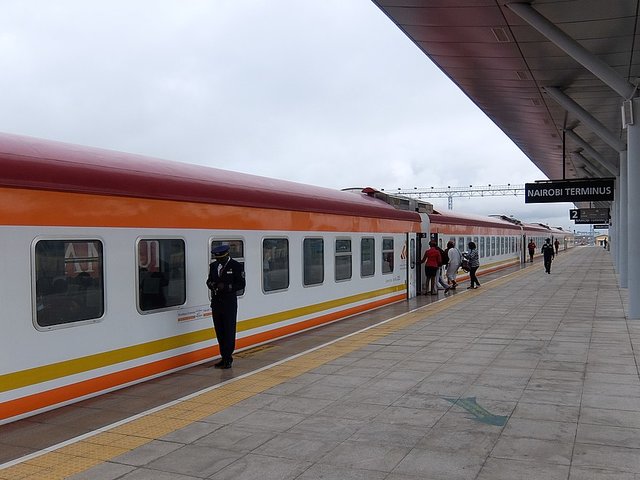
During the Covid 19 pandemic period, the Kenyan debt situation worsened as the Kenyan government incurred more Debts in the name of responding to the Coronavirus Pandemic. Furthermore, Kenya is supposed to start repaying the Chinese Loans that was used to construct the Nairobi – Naivasha Standard Gauge Railway from January 2021 which is going to add to the Kenyan taxpayers’ burden. The loan is to be repaid in 30 instalments between January 2021 to July 2035. The loan maturity comes at a time when Kenya is facing a budget shortfall due to coronavirus and spiraling debt that has hit KES7 trillion or 62.5% of the economy. According Treasury’s Draft Budget Review and Outlook Paper, Kenya is expected to incur an extra KES1.82 trillion in loans for the next two years i.e. up to June 2022 effectively pushing Kenyan Debt KES8.06 trillion.
News that Kenya had bowed to International Monetary Fund (IMF) pressure to include Sh3.4 trillion parastatal and county loans as part of the country’s national debt[2] just worsened the situation by exposing the Kenyan Counties as another frontier for the Debt colonization and capture. The move is set to increase the Kenyan Debt from the current KES7 trillion to KES10.4 trillion passing the KES9 trillion set by parliament. This is not withstanding the fact that the Treasury’s Draft Budget Review and Outlook paper stating that Kenya expects to incur an extra KES1.82 trillion before June 2022. The fear is that should the County be included as national debts, then the next step will be capture of the counties by the international creditors which might see them privatized just like some parastatals should the counties fail to repay the debts on time.
As this was happening, the Paris Club announced that they had entered a debt suspension agreement with Kenya. The Paris Club announced that it had agreed to offer Kenya a time bound suspension of debt service from 1 January 2021 to 30 June 2021with a condition that the freed resources on this initiative will go to mitigate health, economic and social impacts of covid 19 pandemic. China on the other hand through their embassy in Nairobi announced that China and Kenya were holding talks over debt service suspension[3]. It is worth noting that debt service suspension does not address the debt crisis or the problem of incurring more debts as it just postpones the problem. Furthermore, it does not address the legality, legitimacy and sustainability of debts which is key issue that KDAN is pursuing.
It is against such background that KDAN decided to host the first part of a series of Zoom Dialogues that shall take place fortnightly with an aim of highlighting the Kenyan debt crisis and that shall ultimately plan actions aimed at calling for a Citizen Debt Audit aimed at leading to abolition of those portions of Kenyan debt that are illegal, illegitimate and odious. The Zoom dialogue was attended by representatives from Kenyan Peasants League (KPL) Turkana Bia Aloe Organization (TUBAE), Center for Rights Education, Governance and Democracy (CREGD), Wote Youth Group, Up and Front Jiinue CBO, Kangemi Grassroots Human Rights Movement, Kakamega County CSOs Network and Baringo County CSOs Forum all members of the KDAN.
The meeting was structured into two sections with the first section being for presentations while the other section being for plenary. There were two discussants who made presentations on two different topics as follows; Cidi Otieno the National Coordinator of KDAN on the Kenyan Debt Crisis – Building a Case for the Abolition of Kenyan Debt and Eliud Emery of TUBAE on the Devolution of Debt in Kenya – Potential for Capture of Counties?
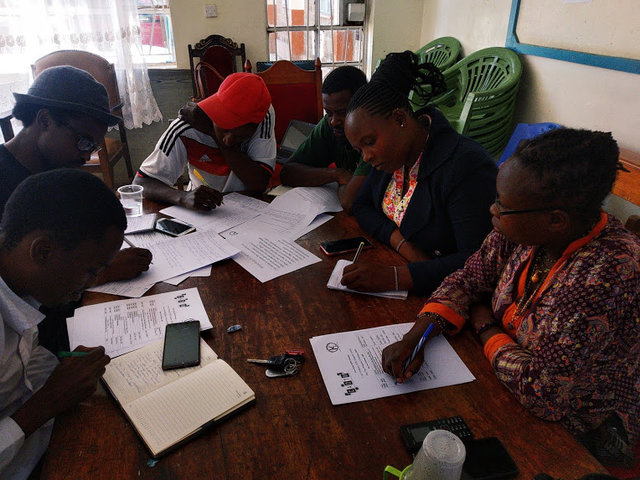
The presenters discussed in detail illegal, illegitimate, unsustainable and odious debts with a view of building a case for assessing the Kenyan debt. Cidi stated that the Kenyan borrowing needs to be audited based on the principles of public finance management, if the Kenyan debts had such conditions and policy prescriptions, that violate national laws and human rights standards, if the lenders issued loans to Kenya fully aware that Kenya could not service the loans without seriously impairing the ability or capacity of the Kenyan Government to fulfil its basic human rights obligations or if there are portions of Kenyan debt that were incurred not in the interests of the people or the state but in the personal interest of the leaders or persons holding power.
Cidi concluded by asking Kenyans to ask for the establishment of Citizen Debt Audit Commission to establish for what purpose was the debt incurred, who decide to contract those Loans on behalf of people of Kenya, whether Kenya received the entire amount, who the lenders are, who holds the debt, who has profited from the Kenyan debt, what interest has been paid and at what rate, whether there are private debts that have become public debts, what portion of the state’s budget is being used to service the debt, what were the creditors’ conditions, how the Kenyan government finances debt repayments and the social, economic, gender, regional, ecological effects of the loans and its impact on peoples.
On his part comrade Eliud Emery of TUBAE also a member of KDAN presented on the devolution of Debt in Kenya noting that it was a potential for Capture of the Kenyan Counties. He condemned the Kenyan government for bowing down to the pressure from the IMF to include Sh3.4 trillion parastatal and county loans as part of the country’s national debt[4].
Emery added that the move was likely to expose the Kenyan counties to capture by IMF and other creditors to an extent of appointing administrators and placing them under receivership the same way Greece was placed under receivership.
He wondered how majority of Counties in Kenya that have consistently failed to meet their revenue targets whose source has mainly been raising own resources using taxes, levies and fees could repay the debts. With Kenya already struggling to service the current loans including to borrow more to service the existing loans, allowing the Counties to borrow more will expose the Kenyan Counties especially those with natural resources to privatization of mines, water sources, land, farming; privatization of county services and opening up of counties to Multinational corporations investments that shall in turn kill local industry and investments.
Emery concluded that the move could see the National Government taking over management of counties that shall be unable to repay the loans in a similar fashion which the Nairobi Metropolitan Services was created ending up killing devolution.
The dialogue recommended conducting fortnightly Zoom Dialogues on Kenyan Debt with a view of creating more awareness on the Kenyan Debt Crisis and planning popular actions against the debts; creation of KDAN Website where all information regarding all Kenyan Debts and those incurred by the Counties can be accessed by all and sundry; reviewing all the Kenyan debts since independence and make them public on the KDAN website; conducting an assessment of County Debts incurred so far; advocating for formation of a Kenyan Citizen Debt Audit Commission to audit all Kenyan debts; producing assessment reports on specific debts that Kenya has incurred; using the week before the International Women Day in March to raise issue of Microcredit and their relationship with the neoliberal policies of IMF and World Bank; petitioning National and County Governments to provide details of all loans incurred based on the Citizen Debt Audit questions and following up on the issue of Dominion Farms in Siaya County with the Siaya County Government.
by
David Calleb Otieno
[1] aim is to call for Abolition of Kenyan Illegal, Illegitimate and Odious Debts through evidence-based processes like Citizen Debt Audit and calling for public participation in the process of incurring Debts
[2] Business Daily, Kenya Bows to IMF Pressure on Public Debt Disclosure. Available from:<https://www.businessdailyafrica.com/bd/economy/kenya-imf-pressure-on-public-debt-disclosure-3253020>. [20 January 2021].
[3] Citizen Digital, China says it is ready to help Kenya deal with its debt challenges. Available from:<https://citizentv.co.ke/news/china-says-its-ready-to-help-kenya-deal-with-its-debt-challenges-4597399/>. [20 January 2021].
[4] Ibid Note 2.
